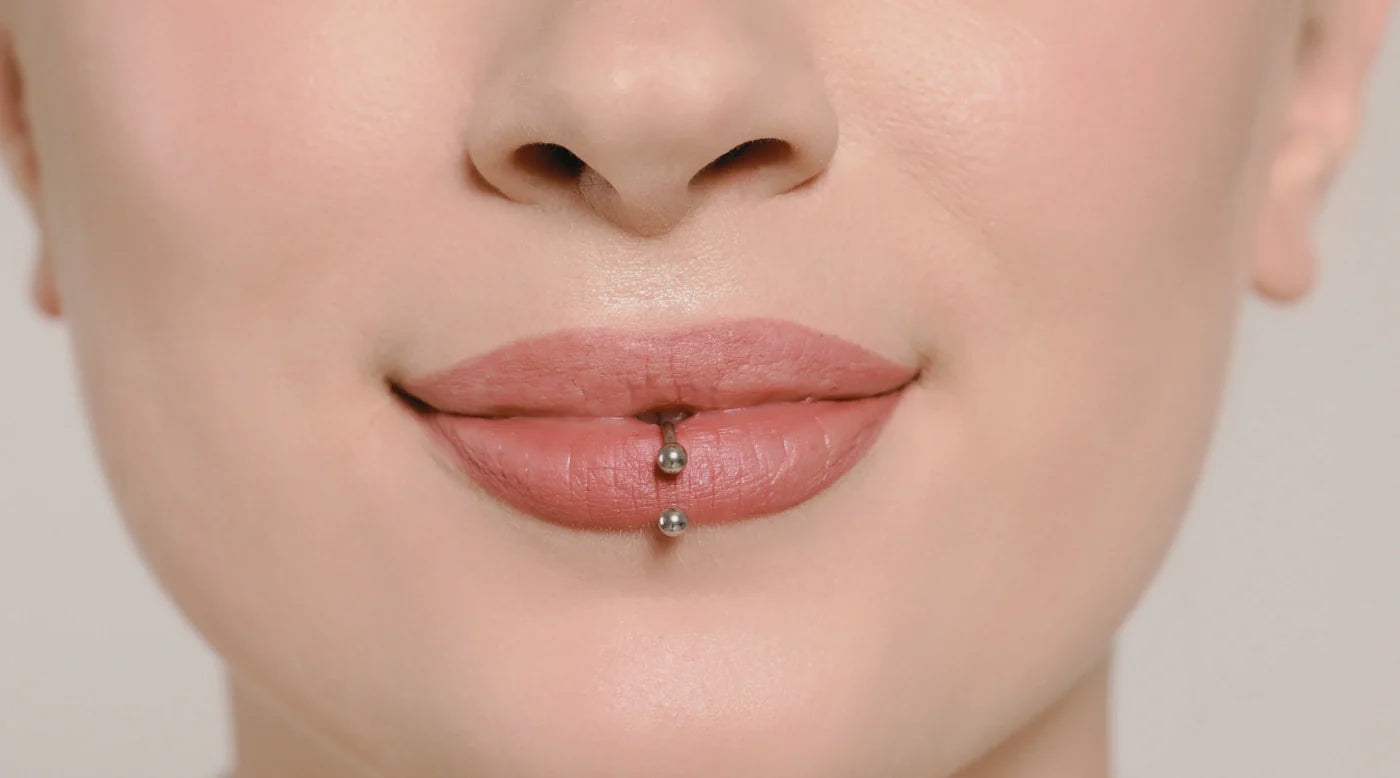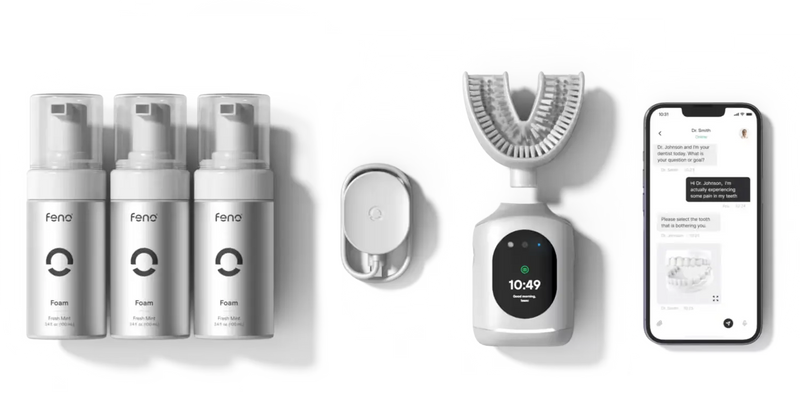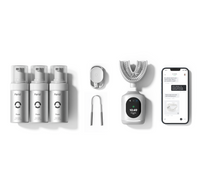
How Oral Piercings Affect Your Dental Health
Essential Takeaways
- Oral piercings significantly increase your risk of dental complications including tooth damage, gum recession, and infection, requiring extra vigilance with oral hygiene and regular dental check-ups.
As a dentist who's dedicated my career to advancing oral health as the gateway to overall health, I frequently counsel patients about lifestyle choices that impact their dental health. One topic that comes up often, especially with my younger patients, is oral piercings.
The Hidden Dental Dangers of Oral Piercings
While oral piercings may be a popular form of self-expression, the potential consequences to your dental health can be significant:
1. Tooth Damage
Studies have shown that almost 50% of people with tongue piercings suffer from some type of permanent tooth damage. That metal jewelry constantly clicking against your teeth can cause:
- Chipped or cracked teeth
- Worn enamel
- Damaged fillings
- Increased sensitivity
2. Gum Recession
Research indicates that 44% of people with oral piercings experience gum recession, compared to only 7% of people without piercings. When piercings are placed close to the gums, the constant irritation can cause the gum tissue to pull away from the teeth, exposing the sensitive roots and potentially requiring surgical grafts to repair.
3. Infection Risks
The mouth contains millions of bacteria, making oral piercings particularly susceptible to infection. A concerning study found that 46.8% of people with oral piercings were never informed about infection risks, and nearly half (48.5%) admitted they didn't clean their piercing regularly.
4. Impact on Oral Function
Many piercing wearers experience:
- Difficulty speaking
- Problems with chewing
- Excessive saliva production
- Altered taste sensation

Protecting Your Dental Health With a Piercing
If you already have an oral piercing or are determined to get one, here are critical steps to protect your dental health:
-
Maintain Rigorous Oral Hygiene
- Brush twice daily with fluoride toothpaste
- Floss daily around all teeth
- Use an alcohol-free antimicrobial mouthwash
-
Clean Your Piercing Properly
- Remove food debris after eating
- Use saline solution to clean around the piercing site
- Check for signs of infection (swelling, redness, pain)
-
Choose Appropriate Jewelry
- Opt for biocompatible materials like surgical-grade stainless steel
- Consider polymer (plastic) balls instead of metal to reduce tooth damage
- Ensure proper fit to minimize movement
-
Visit Your Dentist Regularly
- Schedule check-ups every 6 months
- Mention any discomfort around the piercing
- Have your dentist monitor potential gum recession
The Bigger Health Picture
I must emphasize that oral piercings can have implications beyond your mouth. Infections that begin in the piercing site can potentially spread, especially for those with certain medical conditions or compromised immune systems.
Remember, your oral health is connected to your overall health. Before getting an oral piercing, consult with your dentist to discuss your individual risk factors and how to best protect your smile.

Feno Founders Edition Bundle
Advanced Oral Health in 20 Seconds with the Feno Smartbrush™
Get Yours Now!





